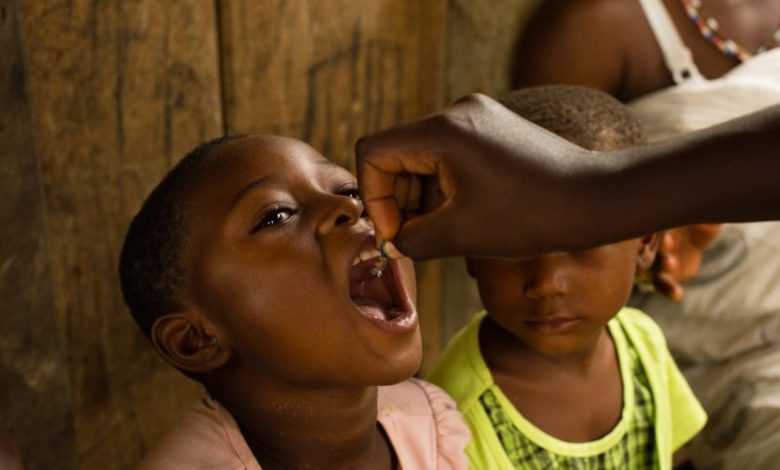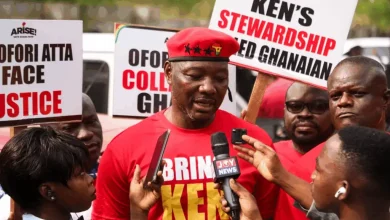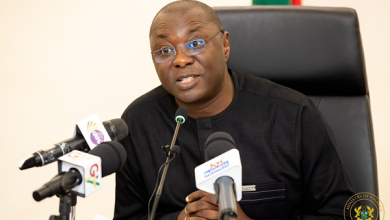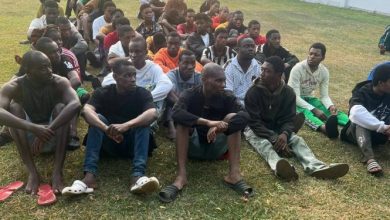NGO consortium in health raises alarm on immunization financing

National immunization in Ghana is threatened with dwindling donor funding, NGO Consortium in Health has observed.
It has, therefore, urged the government to increase the overall health financing budget and also ensure that its allocation towards immunization was increased to help in the sustenance of the programme and safeguard the health of children.
An increase in immunization financing would also ensure that children everywhere in the country, including those in hard to reach areas and island communities, were captured.
This came to light at a review meeting organized by a consortium of non-governmental organizations (NGOs), led by the Hope for Future Generations (HFFG) to document successes and best practices on an “Immunization Advocacy Initiative,” a three-year project being implemented by the NGOs, and aimed at increasing domestic financing for immunization.
The consortium is made up of Socio Serve-Ghana, Ghana Registered Midwives Association (GRMA) and the West Africa AIDS Foundation (WAAF), with HFFG as the lead.
Ms Gladys Damalin, Programme Manager, Hope for Future Generations, said looking at the importance of immunization and how donor partners were withdrawing from its funding in many countries including Ghana, the nation ought to prioritise immunization by committing more funds to it.
She said, over the years, successive governments had defaulted in committing required financing to immunization programmes and rather depended on donor funding, including GAVI support.
Ms Damalin said the NGOs, therefore, decided to roll out the project in 2019, expected to end in October 2021, to do a situational analysis of immunization in Ghana, which also revealed gaps in its funding.
“It was revealed that although Government had signed series of agreements, frameworks and all that, and saying that “I am committed to spending this on immunization, but when it comes to implementation, that was not the case.
“And so there was the need for Civil society to come together to remind the government to walk the talk and meet its obligations,” Ms Damalin stated.
She said among many of the advocacy activities undertaken by the consortium within the period include the building of strategic partnership with the community and national organizations to advocate and bring to the attention of Government and key stakeholders the need to prioritise immunization.
Ms Damalin said during the project, more partnerships were built with a lot of engagements at the district, regional and national levels to enhance partnerships for immunization advocacy.
She said even though the initiative was ending in October, advocacy would continue with key stakeholders to drum home their responsibilities towards immunization.
They would also continue to push for the sustenance of an annual increase in financing for immunization in the national budget, which also fell under the broader health budget.
Source: GNA










